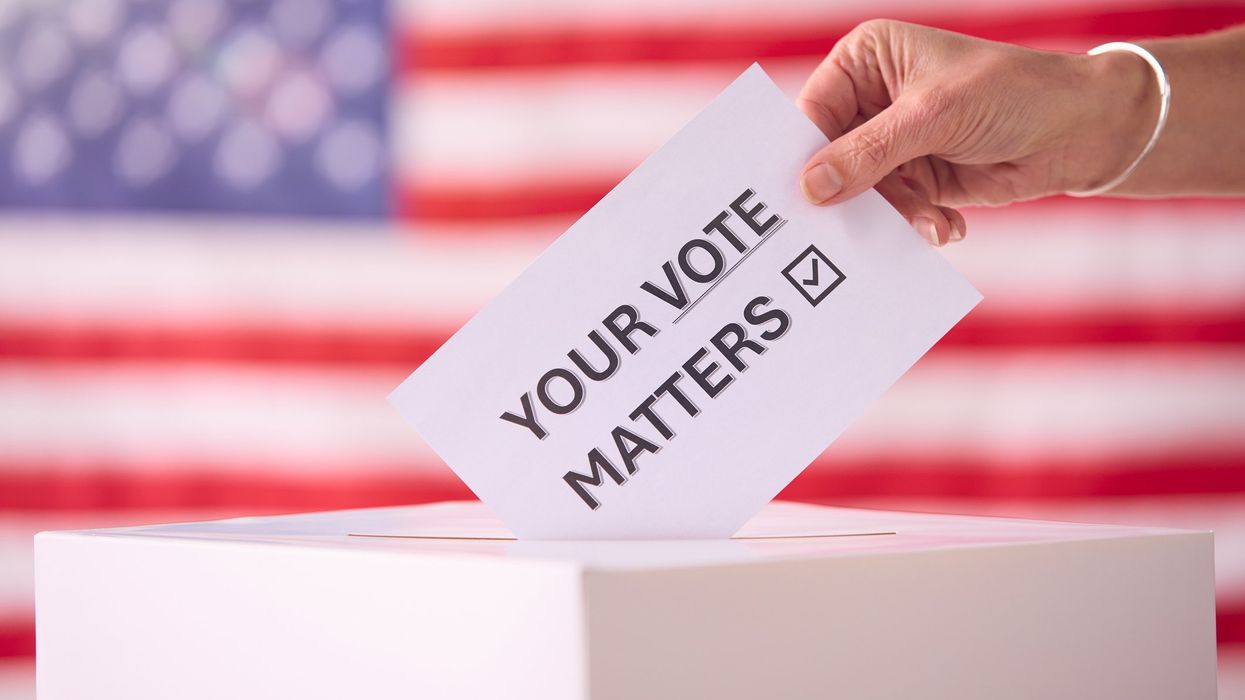As American politics polarizes ever further, voters across the political spectrum agree that our current system is not delivering for the American people. Eighty-five percent of Americans feel most elected officials don’t care what people like them think. Eighty-eight percent of them say our political system is broken.
Whether it’s the quality and safety of their kids’ schools, housing affordability and rising homelessness, scarce and pricey healthcare, or any number of other issues that touch Americans’ everyday lives, the lived experience of polarization comes from such problems—and elected officials’ failure to address them.
But what if there were tools to change that? And what if they worked in places as different as deep-blue, urban Portland, Oregon and the rugged, reddish state of Alaska?
Good news: there are.
In Alaska, voters have opted to elect their state leaders using open, all-candidate primaries and ranked choice voting. This system was implemented in 2022 and, from its start, has delivered a mixed slate of winners who better match Alaskans’ own political makeup. The system has returned more power to voters rather than parties, with more than half of midterm voters opting to split their tickets between candidates from across the political spectrum; a majority felt their vote “mattered more” than in previous elections.
But what about more tangible outcomes for Alaskans’ everyday lives? The 2024 election delivered a similarly mixed slate of winners—who instantly formed bipartisan coalitions in both state legislative chambers to get to work on the challenges their constituents care about. The House just passed a long-term education spending increase; a Senate panel has proposed a new formula to help balance the state budget while preserving the popular Permanent Fund Dividend; and lawmakers joined together to preserve federal funding for subsidized rural internet and phone service—all on a bipartisan basis and all promising real benefits for Alaskans.
A world away, in Portland, Oregon, residents voted to change their system, too. They expanded their council from just five citywide members to 12 councilors, divided equally among four districts, with their mayor and council elected by ranked choice voting.
So, what did that deliver? In short: the city’s most representative council ever. Eighty-four percent of voters saw at least one candidate they ranked on their ballot win a seat. The resulting council looks strikingly more like the city itself, with homeowners serving alongside renters, pro-business moderates alongside progressives, more women and people of color, and members from age 28 to 70. For mayor, voters chose Keith Wilson, a trucking company CEO who built a wide-ranging majority coalition, including residents from business, labor union, and environmentalism sectors.
New polling found that most Portlanders prefer the new system. Overwhelming majorities felt it would better represent their part of the city and that ranked choice voting let them better express their preferences. As in Alaska, more than half said they felt their vote mattered more than in prior elections.
But what matters most is change on the ground. While it’s early days for the mayor and council who just took office in January, they’re already making moves on homelessness, high housing costs, and infrastructure. Even the “real Ted Lasso vibes ” of the new mayor are contagious, with residents of one long-underserved neighborhood voicing optimism after a recent local repair: “It shows neighbors that this new form of government is going to work. That’s my optimism. It’s going to work.”
There’s no mystery here. Voters in Alaska and Portland got more and better candidates in their ranked choice elections. And the winners of those elections, their newly elected leaders, are working together across party lines to get things done for their constituents. Because ranked choice systems reward candidates who can win—and serve—a majority of us, these leaders can focus on governing rather than grandstanding.
The real winners, of course, are Alaskans and Portlanders whose daily lives can benefit from the outcomes of a more collaborative and less performative politics. These promising reforms are also a win for the democracy we so treasure as a society. At a time when many are feeling disconnected from their government, places like Alaska and Portland offer inspiration.
So, will your state or city be next?
Meredith Sumpter is the president and CEO of FairVote, a nonpartisan organization seeking better elections.
Alan Durning is the founder and executive director of Sightline Institute, a nonpartisan think tank on democracy, housing, and energy issues in the Pacific Northwest.



















Marco Rubio is the only adult left in the room